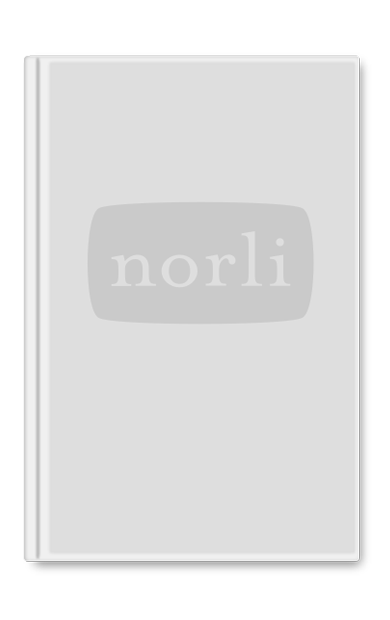

Definition and synonyms of meld from the online English dictionary from Macmillan Education.
#MELD DICTIONARY CODE#
Special thanks to the contributors of the open-source code that was used in this project: Elastic Search, WordNet, and note that Reverse Dictionary uses third party scripts (such as Google Analytics and advertisements) which use cookies. if things or substances meld, or if you meld them, they combine into one thing or substance.
#MELD DICTIONARY FREE#
The definitions are sourced from the famous and open-source WordNet database, so a huge thanks to the many contributors for creating such an awesome free resource. In case you didn't notice, you can click on words in the search results and you'll be presented with the definition of that word (if available). For those interested, I also developed Describing Words which helps you find adjectives and interesting descriptors for things (e.g. So this project, Reverse Dictionary, is meant to go hand-in-hand with Related Words to act as a word-finding and brainstorming toolset. That project is closer to a thesaurus in the sense that it returns synonyms for a word (or short phrase) query, but it also returns many broadly related words that aren't included in thesauri. I made this tool after working on Related Words which is a very similar tool, except it uses a bunch of algorithms and multiple databases to find similar words to a search query. A system used to prioritise patients on liver transplant waiting lists, which may be less powerful in predicting death or removal from the waiting list due to deteriorating liver function than the Child-Turcotte-Pugh scoring system.

So in a sense, this tool is a "search engine for words", or a sentence to word converter. MELD score: Model for End-stage Liver Disease score. It acts a lot like a thesaurus except that it allows you to search with a definition, rather than a single word. The engine has indexed several million definitions so far, and at this stage it's starting to give consistently good results (though it may return weird results sometimes). For example, if you type something like "longing for a time in the past", then the engine will return "nostalgia". It simply looks through tonnes of dictionary definitions and grabs the ones that most closely match your search query. A combination of cards to be declared for a score. Its first appearance was in the first season, on 3 November 1966.The way Reverse Dictionary works is pretty simple. To declare or display (a card or combination of cards in a hand) for inclusion in one's score in various card games, such as pinochle. The Oxford English Dictionary has its first example from 1973, but that’s easily beaten by Star Trek, in which Mr Spock often employs a Vulcan mind meld. Meld as a noun meaning a blend or combination is rather later. It has become a standard part of the language, more in the US than the UK. Early examples suggest it arose in cookery, meaning the blending of flavours. In grammar as well as meaning it’s a blend, since it was almost certainly created by combining melt and weld. The other verb, meaning to merge or combine, is by comparison an upstart - it’s recorded only from the middle 1930s. It vanished from the language in the fifteenth century, only to be reintroduced from the modern German language in a different sense. It is characterized by the victims baldness, lack of skill and anger issues. Certain tobacco products like Snus are said to enhance the effects of malding. It is often described as the human version of molding. It was an Old English term that derived from Germanic sources. Malding is a condition originating from Uganda, where the patient zero was found (circa) 1990. Oddly, the verb had made an earlier appearance in the language, in medieval times, when it meant much the same as the modern German verb - to make known or announce, later also to inform against a man or accuse him.

As it appeared first in the US, one may guess that it derives from German immigrant usage. This sense, of laying down or declaring a combination of cards, is from German melden, to announce. This brought the verb meld into much wider circulation than it ever had before, though it had been recorded from the 1880s in connection with other card games, such as pinochle and rummy. I well remember the post-war fashion for canasta, which my older brothers played with great enthusiasm, if inexpertly. There are actually two different verbs here. Would you care to comment in your column?Ī The situation’s a bit more complicated than that. Q From Bob Lee: I note with a bit of dismay that meld, which had always meant to show or display, and entered the common vocabulary when the game of canasta became popular (when one laid down a set of cards, one was said to meld), is now assumed by most users to mean mix or merge.


 0 kommentar(er)
0 kommentar(er)
